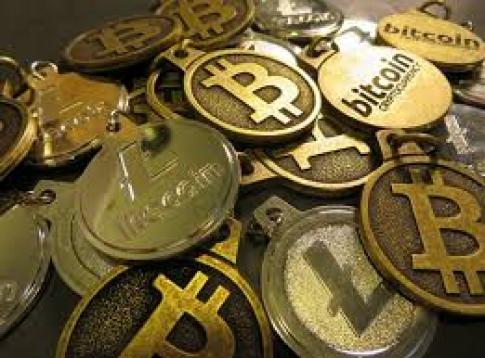Mystery as millions in crypto-cash lost

It expected to find the wallets full of C$180m ($137m; £105m) in crypto-cash deposited by the coin exchange's customers.
Efforts to recover millions in crypto-cash from the digital wallets of a man who died without revealing passwords to access them have hit a snag.
The wallets have been found to be empty.
The discovery was made by a firm appointed to oversee QuadrigaCX after the death of founder Gerald Cotten.
It expected to find the wallets full of C$180m ($137m; £105m) in crypto-cash deposited by the coin exchange's customers.
Mr Cotten, who died in India in December, had sole responsibility for handling the funds and coins passing through the site.
Inviting fraud
The master key to unlock the wallets was held on Mr Cotten's laptop but he died without letting anyone else know the passphrase to unlock the device. Most of the digital cash that customers deposited with the exchange was supposed to be kept in "cold storage" to prevent it being hacked or stolen.
The cash represented the virtual currency holdings of 115,000 QuadrigaCX customers.
Mr Cotten's death forced the closure of QuadrigaCX and auditor Ernst & Young was appointed to wind it up.
Its investigation has secured access to Mr Cotten's laptop but also revealed that the digital wallets had been cleaned out months before he died.
In a report on its discovery, E&Y investigators said they did not know what had happened to the bitcoins they expected to find in storage.
However, the company said, it found evidence that Mr Cotten had 14 other user accounts "created outside the normal process" that may have been used to trade on the QuadrigaCX exchange.
E&Y is now trying to gather information about the trading done via these other accounts to see if it can trace how much crypto-cash passed through them.
A reward of $100,000 has been offered by one former QuadrigaCX customer for information about where the exchange's cash has gone.
"The unregulated nature of cryptocurrency exchanges, plus the fact that so many use them to hold their coins rather than just exchange them, invites fraud," said security expert Dr Alan Woodward from the University of Surrey.
"We really need exchanges to be regulated," he said. "The big question is who would do that."
He added: "If anyone is using an exchange to hold their coins I would encourage then to do the most in-depth due diligence they possibly can."/agencies




 del.icio.us
del.icio.us Digg
Digg

Post your comment